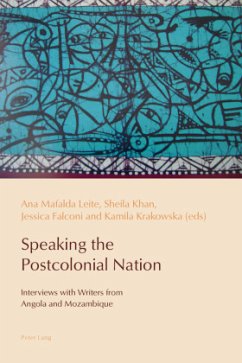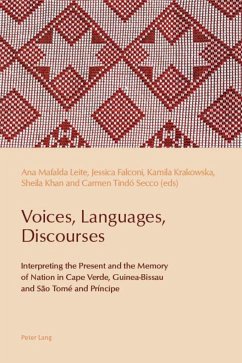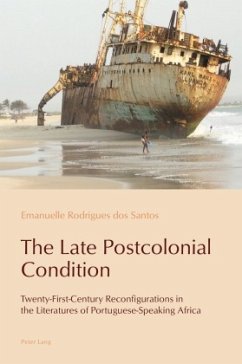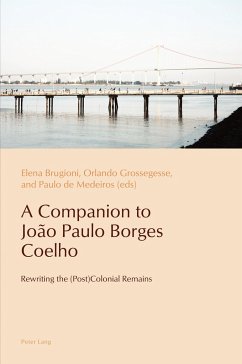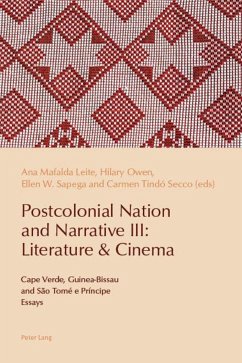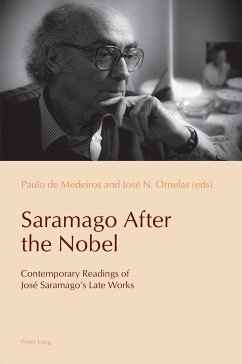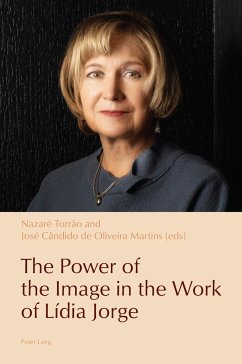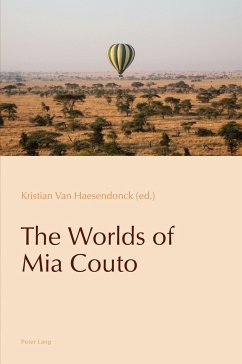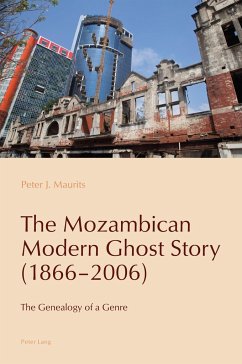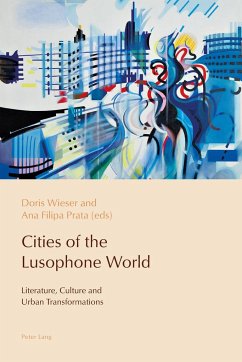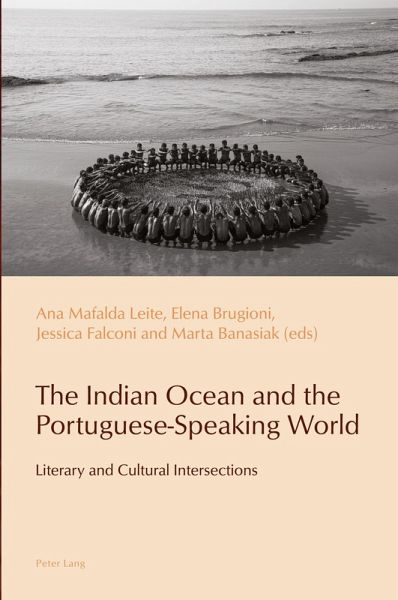
The Indian Ocean and the Portuguese-Speaking World
Literary and Cultural Intersections
Herausgegeben: Pazos-Alonso, Cláudia; de Medeiros, Paulo; Leite, Ana Mafalda; Brugioni, Elena; Falconi, Jessica; Banasiak, Marta
Versandkostenfrei!
Versandfertig in 6-10 Tagen
66,95 €
inkl. MwSt.
Weitere Ausgaben:

PAYBACK Punkte
0 °P sammeln!
«This is a timely and rigorous addition to the cultural study of the Indian Ocean, as a nexus of transnational meaning and relations. Revealing the ocean in its historical, aesthetic and utopian diversity, this book heralds a new way of understanding shifting power dynamics fluidly defined through one of the globe's most protean spaces.»(Phillip Rothwell, King John II Professor of Portuguese, University of Oxford)«The essays in this volume make a valuable contribution to the growing field of Indian Ocean Studies through their emphasis on literary and artistic production in multilingual and ...
«This is a timely and rigorous addition to the cultural study of the Indian Ocean, as a nexus of transnational meaning and relations. Revealing the ocean in its historical, aesthetic and utopian diversity, this book heralds a new way of understanding shifting power dynamics fluidly defined through one of the globe's most protean spaces.»
(Phillip Rothwell, King John II Professor of Portuguese, University of Oxford)
«The essays in this volume make a valuable contribution to the growing field of Indian Ocean Studies through their emphasis on literary and artistic production in multilingual and multicultural contexts. The resulting whole presents a stimulating new framework for transnational approaches to the study of works originating in the Lusotopic spaces of East Africa and Asia.»
(Ellen W. Sapega, Full Professor, University of Wisconsin-Madison)
Working from the premise that the Indian Ocean shapes new transnational imaginative geographies, this volume analyses how visual and written narratives from Lusophone, or rather «Lusotopic», spaces - Portugal, Mozambique, East Timor and Goa - point to productive critical dialogues with existing theories in Indian Ocean studies. The conceptual and epistemological revision presented in the book allows for the emergence of different theoretical constellations that are not solely based on the opposition between coloniality and the postcolonial condition, nor grounded upon the concept of linguistic or national identity, pointing to a set of original critical developments within the area of Indian Ocean studies.
(Phillip Rothwell, King John II Professor of Portuguese, University of Oxford)
«The essays in this volume make a valuable contribution to the growing field of Indian Ocean Studies through their emphasis on literary and artistic production in multilingual and multicultural contexts. The resulting whole presents a stimulating new framework for transnational approaches to the study of works originating in the Lusotopic spaces of East Africa and Asia.»
(Ellen W. Sapega, Full Professor, University of Wisconsin-Madison)
Working from the premise that the Indian Ocean shapes new transnational imaginative geographies, this volume analyses how visual and written narratives from Lusophone, or rather «Lusotopic», spaces - Portugal, Mozambique, East Timor and Goa - point to productive critical dialogues with existing theories in Indian Ocean studies. The conceptual and epistemological revision presented in the book allows for the emergence of different theoretical constellations that are not solely based on the opposition between coloniality and the postcolonial condition, nor grounded upon the concept of linguistic or national identity, pointing to a set of original critical developments within the area of Indian Ocean studies.





